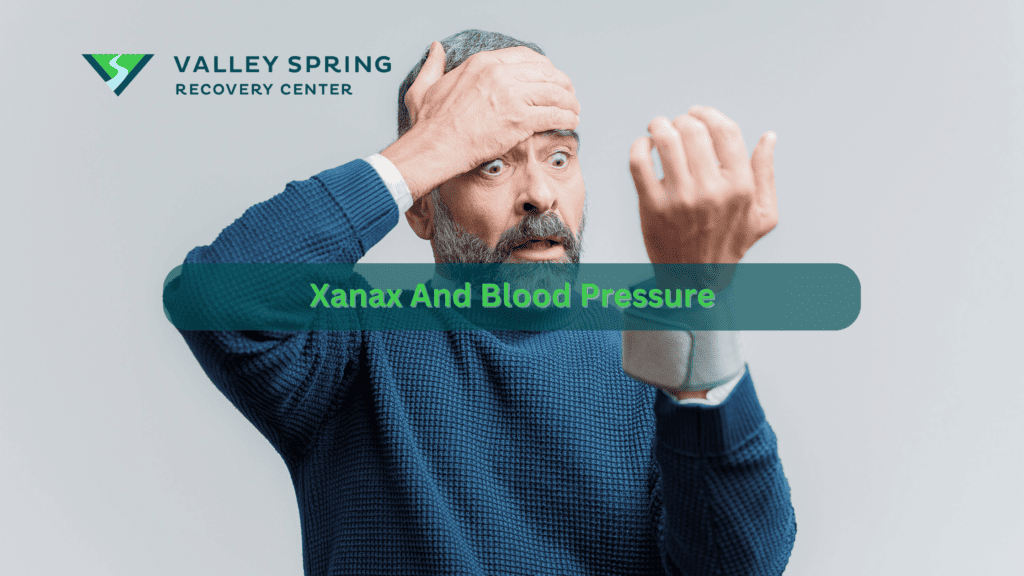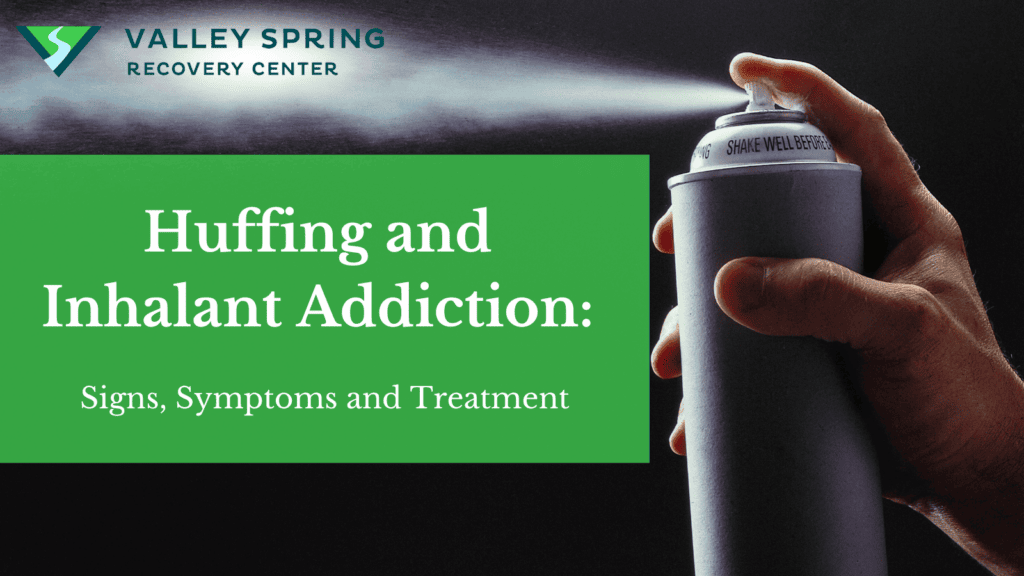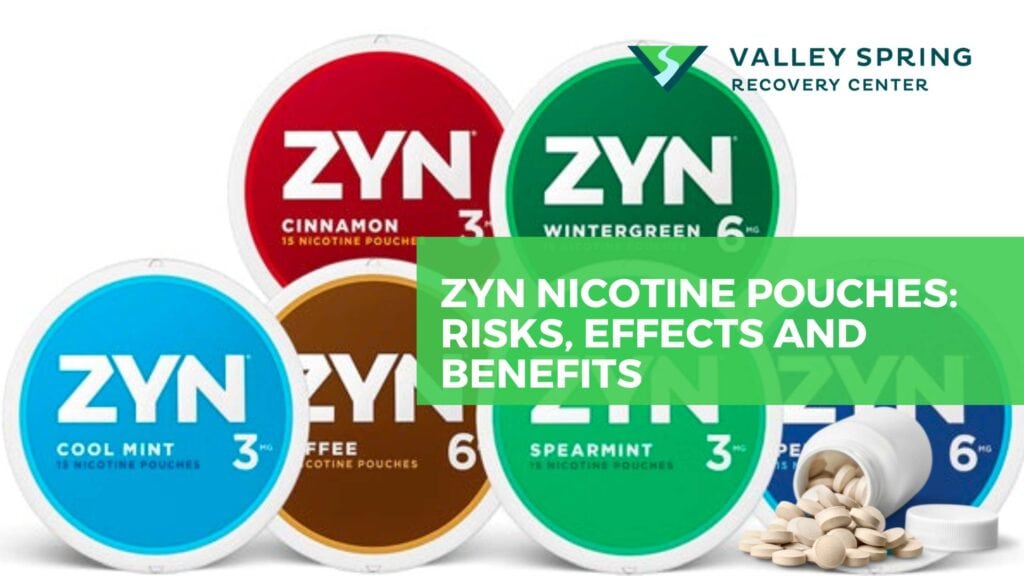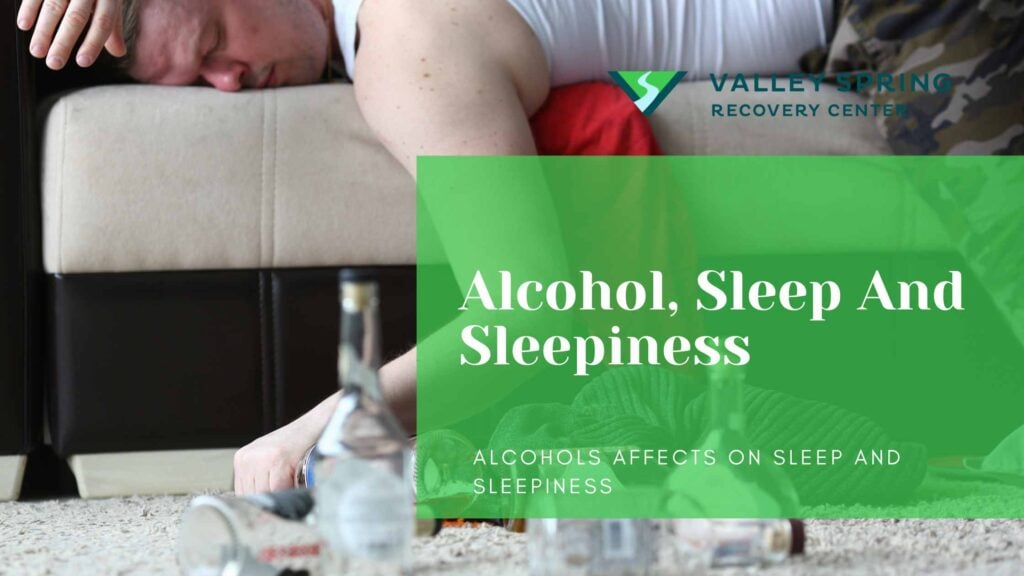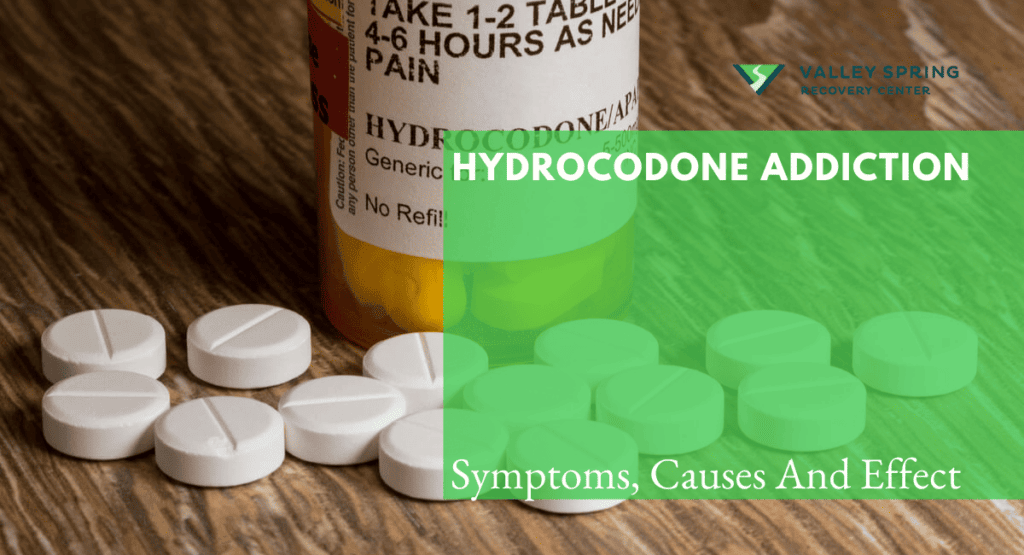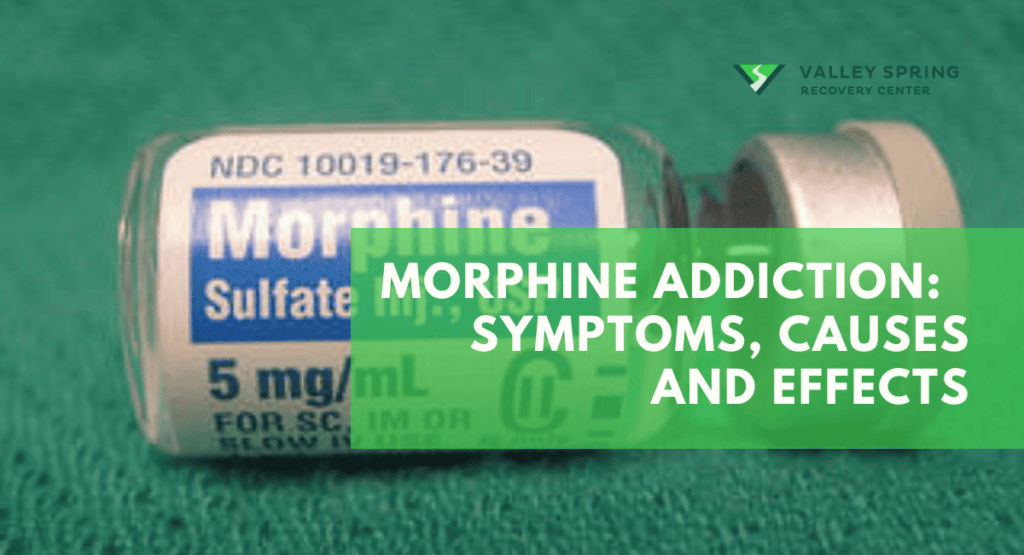Xanax, a prescription benzodiazepine medication designed to treat anxiety and seizure disorders, functions as a mild tranquilizer, inducing feelings of calmness and euphoria. When combined with blood pressure medications, which work to regulate cardiovascular function, this seemingly benign tranquilizer enters a complex pharmacological equation with potentially severe consequences. Anti-anxiety drugs like Xanax and blood pressure medications, each governing distinct yet interrelated systems within the body and when mixed can cause severe negative side effects.
The dangers posed by mixing Xanax and blood pressure medications extend beyond simple additive effects. Combining these two can lead to a multitude of health risks, including severe drops in blood pressure, respiratory distress, and even life-threatening complications. For those prescribed either or both of these medications, recognizing the hazards of potential interaction is crucial for safeguarding their health.
Combinations of medication can undermine treatment efficacy and pose severe risks. Xanax is normally used to treat anxiety and panic disorders. It works by reducing activity in the central nervous system, which leads to a drop in heart rate and blood pressure. Blood Pressure medication also slows the heart rate. These two classes of medication should not be combined.
Why Is Mixing Xanax With Blood Pressure Medication Dangerous?
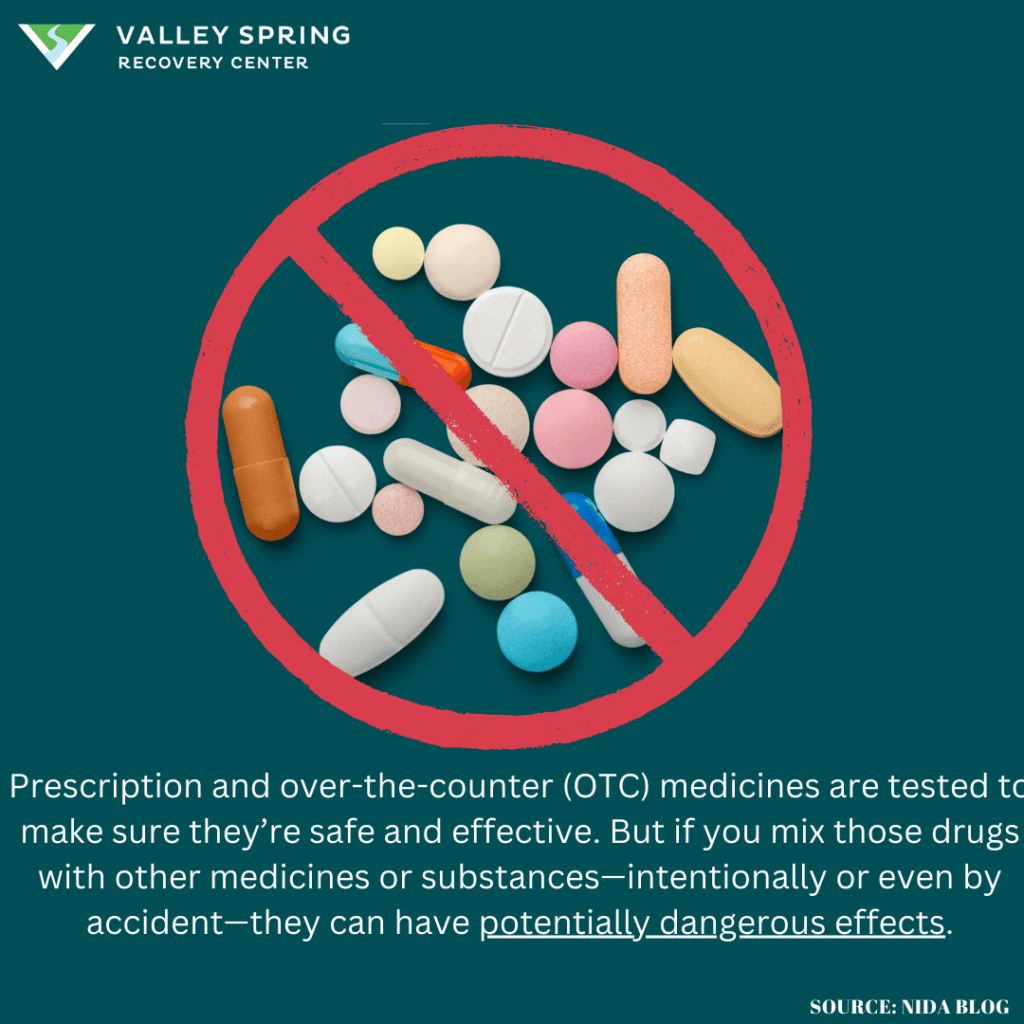
Mixing Xanax and blood pressure medications can pose serious health risks and amplify the individual side effects of each drug. Both medications lower blood pressure, making them extremely dangerous when combined.
Xanax works as a mild tranquilizer that acts on the central nervous system to induce feelings of calmness and relaxation while blood pressure medications alter various pathways within the cardiovascular system to lower high blood pressure. The combination of these two classes of drugs can lead to various adverse effects. Both types of medication lower the heart rate and blood pressure and when taken in conjunction can lower the heart rate and blood pressure too much.
What Are The Risks of Combining Xanax And Blood Pressure Medication?
The risks and dangerous consequences of taking Xanax and blood pressure medication are listed below:
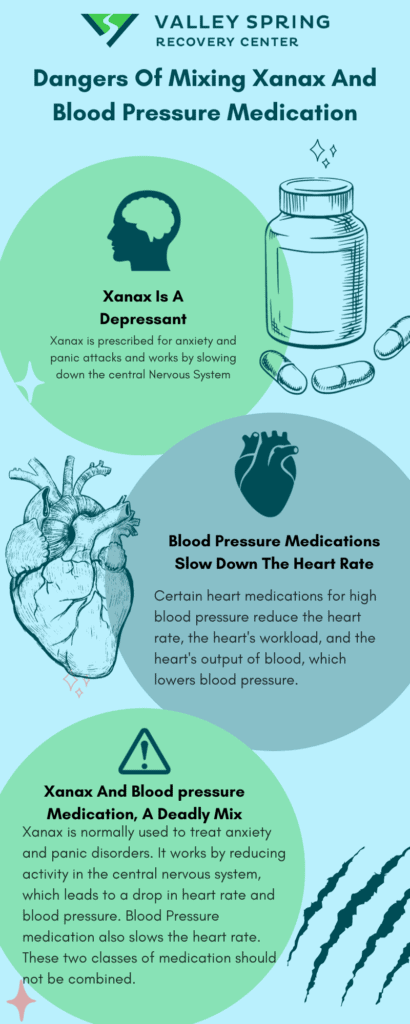
- Cardiovascular Instability: Blood pressure medications already work to lower your blood pressure. When combined with Xanax, which has a sedative effect, there could be a dangerously synergistic drop in blood pressure.
- Respiratory Depression: Both benzodiazepines and certain types of blood pressure medications, like beta-blockers, can depress the central nervous system, potentially leading to reduced breathing rate. The combination can exacerbate this effect, increasing the risk of respiratory failure.
- Impaired Cognitive and Motor Function: The sedative properties of Xanax could be magnified when used in conjunction with blood pressure medications, leading to impaired judgment, decreased motor skills, and increased risk of accidents or falls.
- Enhanced Side Effects: Each class of medication comes with its own set of side effects, from dizziness and fatigue to gastrointestinal issues. When taken together, these side effects can become more pronounced.
- Risk of Dependency: Both benzodiazepines and some blood pressure medications can be habit-forming, especially when misused. Mixing these medications can raise the risk of physical dependence or complications related to withdrawal.
- Complex Drug Interactions: Different types of blood pressure medications interact differently with Xanax. For example, combining Xanax with beta-blockers might significantly increase the risk of cardiovascular side effects, while mixing it with diuretics might adversely affect sodium and fluid balance.
- Complicated Medical Management: Combining these medications can make it difficult for healthcare providers to discern the effectiveness of a treatment regimen, complicating adjustments to medication doses or types.
What are Blood Pressure Medications and How Do They Work?
Blood pressure medications are also referred to as antihypertensive medicines and are prescribed to reduce high blood pressure or hypertension. Hypertension is characterized by an individual’s blood putting too much pressure on the walls of their arteries. (American Heart Association)
Leaving high blood pressure untreated could lead to issues such as stroke, heart attack, heart failure, and kidney disease. Individuals who cannot lower their blood pressure through natural remedies like exercise are prescribed blood pressure medication. (American Heart Association)
What Are The Different Types Of Blood Pressure Medications?
The different types of heart and blood pressure medication are listed below:
- Diuretics: Often called “water pills,” they work by flushing excess water and sodium from the body, lowering the volume of blood that the heart has to pump.
- Beta-Blockers: These medications reduce the heart rate and the force of muscle contraction, lowering the demand on the heart and, in turn, blood pressure.
- ACE Inhibitors: Angiotensin-Converting Enzyme (ACE) inhibitors prevent the formation of a hormone called angiotensin II, which narrows blood vessels. The result is relaxed veins and lower blood pressure.
- Calcium Channel Blockers: These medications block calcium from entering cells in the heart and blood vessel walls, resulting in relaxed blood vessels and reduced heart rate, thus lowering blood pressure.
- Angiotensin II Receptor Blockers (ARBs): Similar to ACE inhibitors, these medications block the action of angiotensin II, allowing blood vessels to widen.
- Alpha-Blockers: These medications reduce nerve impulses to blood vessels, allowing blood to pass more easily, causing the blood pressure to go down.
- Alpha-Beta Blockers: These are used as a combination of alpha and beta blockers and work similarly to reduce nerve impulses and also slow the heart rate to reduce blood pressure.
- Vasodilators: These medications directly relax the muscles in the walls of blood vessels, thereby widening them and lowering blood pressure.
What Other Types Of Benzodiazepines are dangerous when combined with Blood Pressure Medications Dangerous?
Benzodiazepines are depressants that produce sedation and hypnosis, relieve anxiety and muscle spasms, and reduce seizures. Xanax is a type of benzodiazepine in its generic form its called Alprazolam, and slows central nervous system activity, leading to a temporary drop in blood pressure and heart rate. The most common benzodiazepines all have a similar effect including benzodiazepines other prescription like Valium®, Xanax®, Halcion®, Ativan®, and Klonopin®
Taking any type of benzodiazepine in conjunction with blood pressure medication or cardiac drugs is not advisable due to potential negative synergies. While Xanax and related benzodiazepines may elicit tranquility, they can also cause problems with blood pressure when combined with other drugs. Mixing Xanax with blood pressure medications can be highly dangerous.
Do All Benzodiazepines have an effect on blood pressure?
Benzodiazepines are known for their tranquilizing effects (NCBI). When combined with blood pressure medications, which aim to modulate cardiovascular function, the interaction could lead to serious complications. This can range from extreme drops in blood pressure to a hazardous slowdown of vital functions, and in worst-case scenarios, result in a fatal outcome.
Both categories of medication influence the central nervous system, albeit in different ways. Combining them can amplify their respective effects, potentially leading to severe hypotension, dizziness, or even unconsciousness. Some blood pressure medications also possess sedative properties, and when taken with Xanax, could result in excessive sedation or respiratory distress.
Does Xanax Lower Blood Pressure?
Xanax is proven to lower blood pressure over time and studies have shown that taking Xanax as prescribed can be helpful for blood pressure. In a recent study, Alprazolam, a form of Xanax, usage in patients with hypertension was associated with a slightly reduced risk of major adverse cardiovascular events and all-cause mortality, and up to 22% reduced risk of hemorrhagic stroke was observed in alprazolam users aged <65 years. (Journal of Evaluation in Clinical Practice, vol. 26, no. 3, 2020, pp. 983-991.)
Xanax itself is not designed to lower blood pressure, but it can have an indirect effect by relieving anxiety, which might in turn lower your blood pressure temporarily. However, this should not be considered a solution for hypertension. According to Healthline, Xanax slows down essential functions such as your heart rate and breathing. If you take Xanax before getting your blood pressure tested, your reading might be lower than usual.
What are the symptoms of a bad interaction between Xanax and blood pressure medications?
Symptoms may include extreme dizziness, confusion, slowed or difficulty breathing, fainting, and in extreme cases, coma or death. If you experience any of these symptoms, seek medical help immediately.
What are the alternative therapies for anxiety if I am already on blood pressure medication?
Alternative treatments can range from evidence-based psychotherapy like Cognitive Behavioral Therapy (CBT) to other types of medication less likely to interact with blood pressure drugs. Your healthcare provider can give you more comprehensive advice based on your condition
How To Overcome Xanax Addiction
The risks of combining Xanax and blood pressure medications are severe, making medical consultation essential for accurate diagnosis and appropriate treatment plans. If you or a loved one is addicted to Xanax or frequently mixing medications, immediate professional assistance is vital. The fallout from drug interactions can be devastating or even deadly.
Beyond just Xanax and hypertension meds, mixing any type of drug—whether prescription, over-the-counter, or recreational—warrants extreme caution. Each substance carries its unique interactions, side effects, and hazards, which can escalate when combined with other drugs. A thorough understanding of your health and medication requirements is only possible through expert medical evaluation and intervention.
Taking control of your well-being starts with the initial step toward recovery. Don’t let misinformation or unawareness steer your health journey. Contact our NJ addiction treatment facility, consult with your healthcare professional, and investigate treatment options that are both secure and effective. Making an informed decision today could be life-saving for you or someone you care about.
Sources
Yeh CB, Tsai MC, Teng YH, Ku MS, Huang JY, Wang BY, Tai CL, Kornelius E, Ho SW. Association of alprazolam with major cardiovascular events in patients with hypertension. J Eval Clin Pract. 2020 Jun;26(3):983-991. doi: 10.1111/jep.13254. Epub 2019 Aug 6. PMID: 31387138.
https://www.heart.org/en/health-topics/high-blood-pressure/changes-you-can-make-to-manage-high-blood-pressure/types-of-blood-pressure-medications
https://www.cdc.gov/bloodpressure/medicines.htm
https://www.justthinktwice.gov/facts/mixing-medicines-can-be-dangerous-nida-blog
https://www.healthline.com/health/does-xanax-lower-blood-pressure
Dr. Michael Olla
All author postsShare This Post

